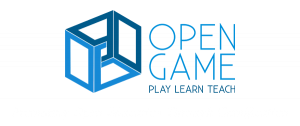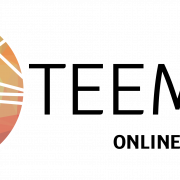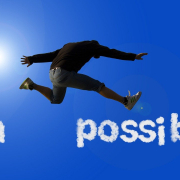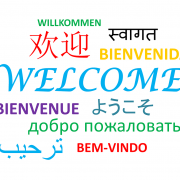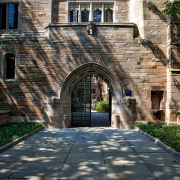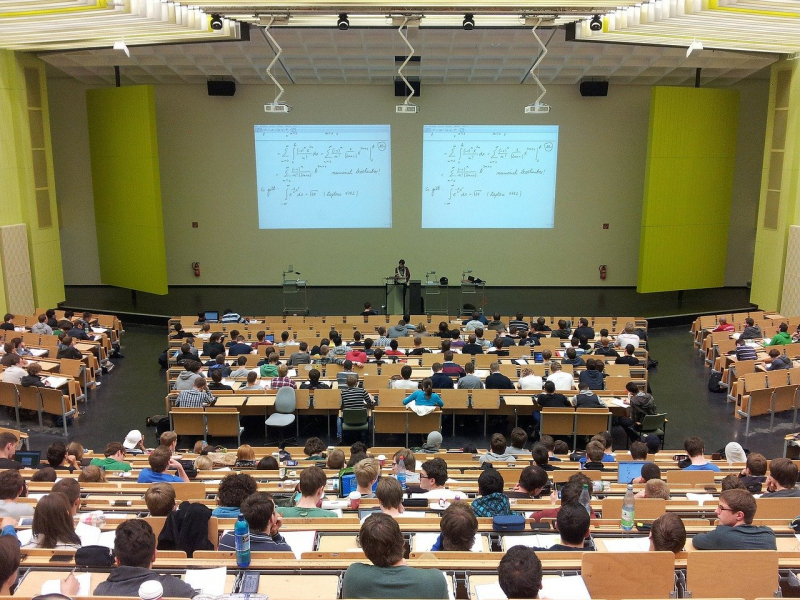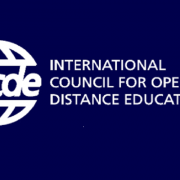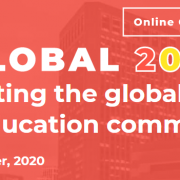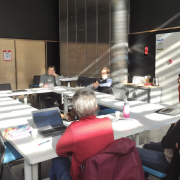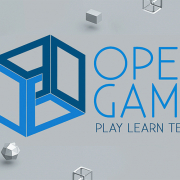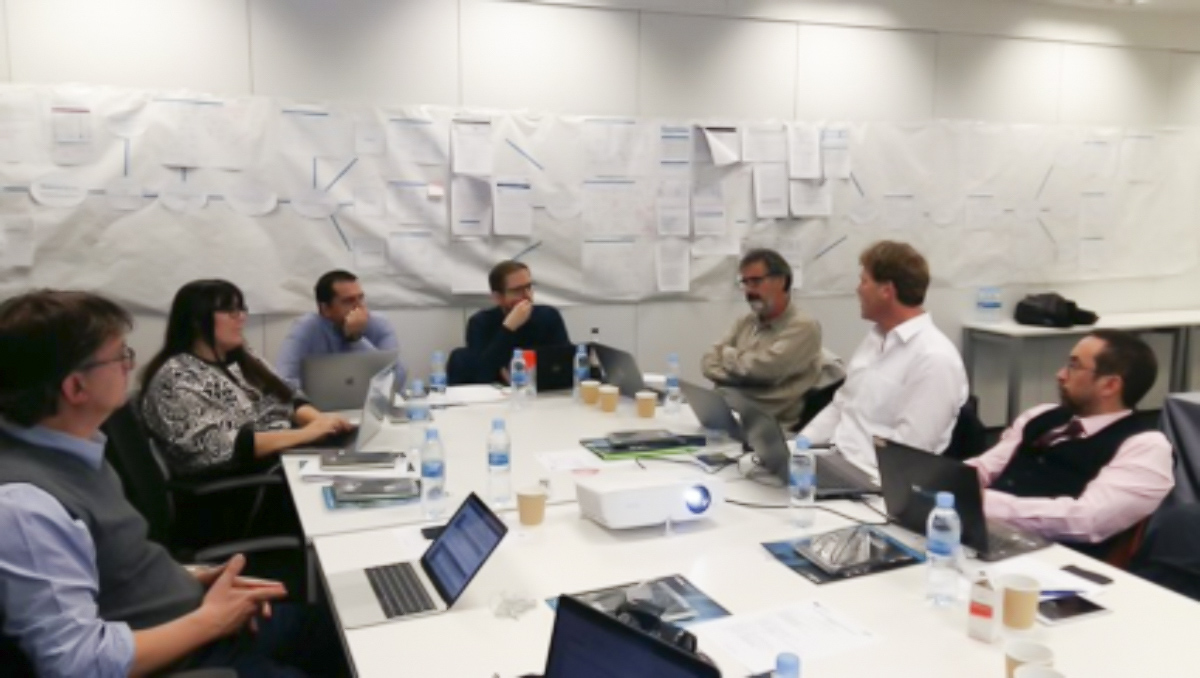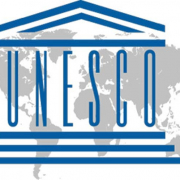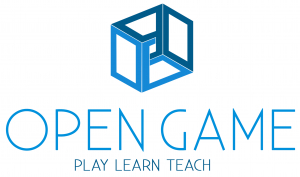OpenGame results presented at TEEM 2020
The 8th edition of the Technological Ecosystems for Enhancing Multiculturality (TEEM) conference will be held online from October 21 to 23, 2020. It is organised by the GRIAL Research Group of the University of Salamanca. This event brings together researchers and postgraduate students interested in combining different aspects of the technology applied to knowledge society development, with a special attention to educational and learning issues regarding, but not limited to, the following broad-scope research areas: Educational Assessment and Orientation, Human-Computer Interaction, eLearning, Computers in Education, Communication Media and Education, Medicine and Education, Learning Analytics, Engineering Education, Robotics in Education, Diversity in Education, Gamification and Games for Learning. TEEM is divided in thematic and highly cohesive tracks.
In this special online edition we have opted for a different event, in which the articles have been presented in a video presentation of maximum 5 minutes (https://2020.teemconference.eu/papers-in-video/). Moreover, during the days of the conference, different types of activities are carried out to maintain the cohesion and synergies that the TEEM Conference precedes. During these three days there are round tables, keynote speakers, workshops, special sessions and special awards. All activities are streamed on YouTube: https://www.youtube.com/c/TeemconferenceEuInfo/. The program and the links to the specific activities are available here (https://2020.teemconference.eu/programme/).
The conference was opening with a keynote by Prof. Dr. Daniel Burgos about “Openness as the key factor to support education in times of crisis”. The lecture provided a few clues towards a seamlessly integration of formal and informal online contexts, blended into the open. Furthermore, Dr. Daniel shared the main ideas of the OpenGame project, an European funding project coordinated by the Universidad Internacional de la Rioja (UNIR) which involves six institutions: University of Salamanca (Spain), Université de Nantes (France), Universidade Aberta (Portugal), Duale Hochschule Baden-Württemberg Karlsruhe (Germany), and Dublin City University (Ireland). Their is more information about the project in https://opengame-project.eu/ and https://youtu.be/x9e2vuBCVkQ.
